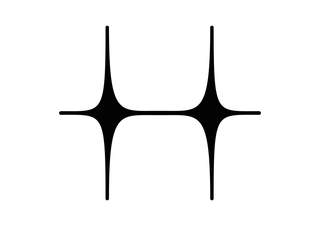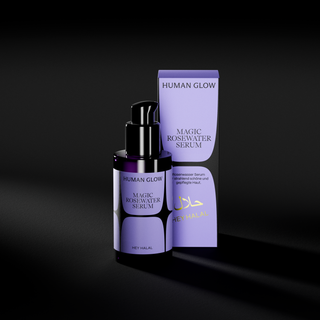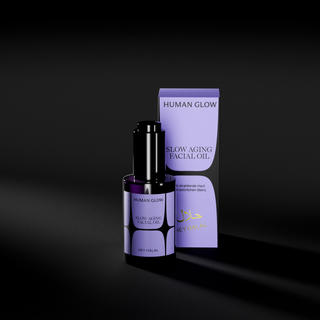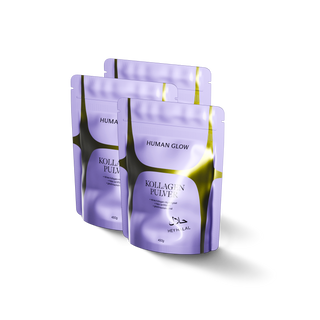What is collagen?
Collagen (internationalized spelling collagen) is derived from the Greek word kólla (glue) and is a structural protein. As part of the connective tissue, it – nomen est omen – actually holds our body structures together. Collagen is the most common protein in the human body, accounting for over 30%. As a basic structural protein, it ensures the tensile strength of our connective tissue and is found wherever shape and strength are required – in ligaments, tendons, cartilage, bones, periodontal ligament, blood vessels, muscle and connective tissue and, of course, in the skin. Collagen is the main component of the skin, accounting for around 80%. Together with elastin fibers, it forms a rubber band-like network structure that forms the skin's inner corset. This support corset ensures the skin's elasticity and suppleness, ensuring that our skin smooths out again after a hearty laugh.

What is collagen made of?
Collagen consists of long chains of amino acids. Formed by connective tissue cells, collagen contains 600 to 3000 amino acids depending on the type. These chains particularly often contain the amino acids proline, glycine and hydroxyproline. The so-called polypeptide chains are also known as procollagen. Three of these amino acid chains wind around each other to form a triple helix, the tropocollagen unit. If several tropocollagen units are combined, thin collagen fibrils are formed and further combinations create thicker collagen fibers. You can imagine this as a rope in which individual fibers are twisted together to form a thick bundle.
This is how collagen types 1 and 3 differ
There are a total of 28 different types of collagen in the human body, which differ in their composition, structure and function.

Why does it make sense to supply the body with collagen?
However, over the years, natural collagen production decreases. From around the age of 25, the body begins to produce around 1% less collagen each year. This decline accelerates with age and leads to visible signs of skin aging, such as wrinkles and sagging skin. Joint problems and reduced mobility can also be caused by the loss of collagen, as collagen plays an important role in the structure and function of cartilage and connective tissue. In addition, various factors influence the breakdown of collagen. Too much sun, smoking, stress and an unhealthy diet can further strain the collagen balance and accelerate the breakdown process. Injuries or diseases that affect the connective tissue can also have a negative effect on collagen levels.

To compensate for the natural loss of collagen and support the health of the skin, joints and hair, it can be useful to take collagen in the form of dietary supplements. Collagen powder contains highly bioavailable collagen that can be quickly absorbed by the body and transported to the affected areas. Regular intake of collagen not only supports the regeneration of connective tissue, but also helps to improve skin structure, promote joint health and maintain skin elasticity
How can I supply collagen to my body?
Collagen powder can be consumed at different times of the day, depending on your preference and lifestyle. One of the most popular methods is to mix it into your morning coffee. The collagen dissolves well in hot water or coffee and supports skin, joint and hair structure throughout the day. Alternatively, collagen can also be incorporated into yogurt or smoothies, which offers an easy way to incorporate it into your diet. It is important that it is consumed in sufficient quantities throughout the day to achieve the best results. Since collagen is well absorbed by the body, it is no problem to take it on an empty stomach or with a meal





